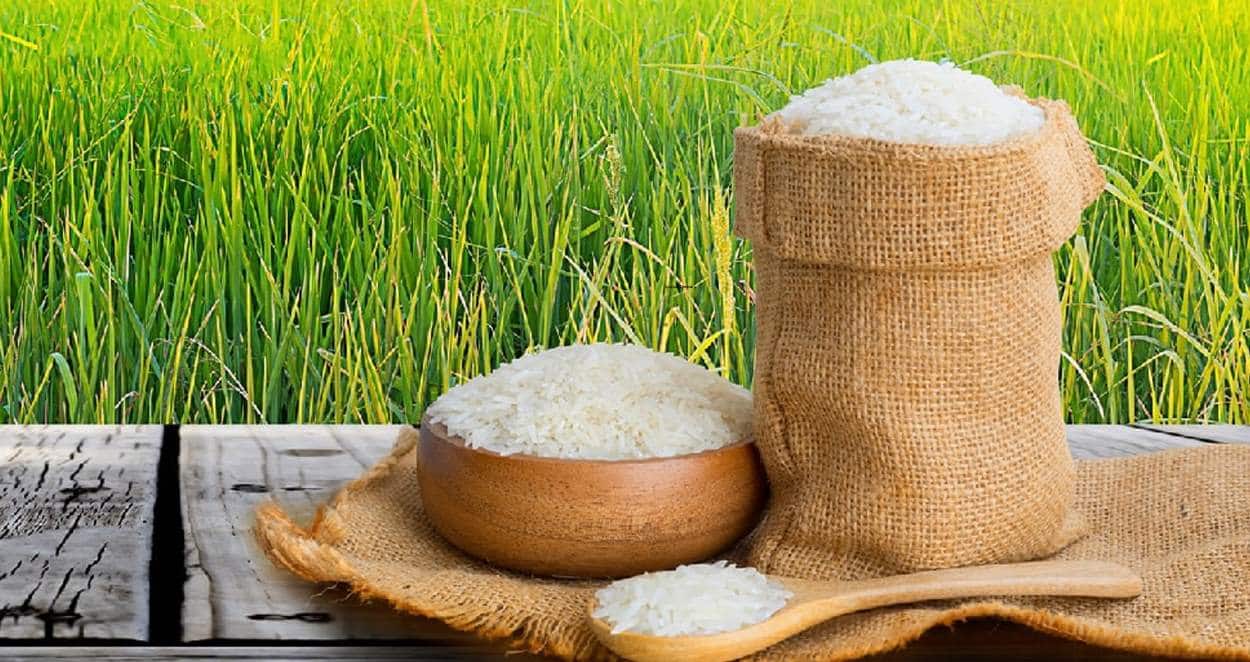The surging global demand for Pakistani rice, exceeding $4 billion in exports, heralds new trade prospects for Pakistan. However, concerns linger about whether the country can sustain these levels under current fiscal strains.
Abdul Rauf Ibrahim, Chairman of Karachi Wholesale Groceries, attributes the record export levels to India’s recent cessation of rice exports, which has redirected international demand towards Pakistani rice. He notes that some local varieties not only meet but exceed the quality of their Indian counterparts, contributing to the optimistic export trajectory.
Ibrahim highlights significant fiscal hurdles despite the bountiful harvests ensuring ample supply for both local consumption and international demands. Despite its export achievements, the rice sector has not been recognized as an industrial sector, remaining encumbered with high taxation. This includes problematic withholding taxes on primary agricultural products like rice and wheat, complicating interactions with the Income Tax Department and placing undue pressure on small and large traders.
Further compounding the industry’s challenges are the fixed electricity charges for factories, levied regardless of operational status. This pricing structure, which includes charges such as 800,000 rupees for 500 kilowatts and 1.8 million rupees for 1200 kilowatts at a rate of 93 rupees per unit, poses a significant barrier to the rice industry’s sustainability.
Ibrahim also criticizes the broader impact of excessive taxation on basic goods, which he argues undermines the livelihoods of ordinary citizens and traders alike. He calls for a governmental reevaluation of the fiscal policies affecting the agricultural sector, emphasizing the need for support that matches the sector’s contribution to the national economy.






